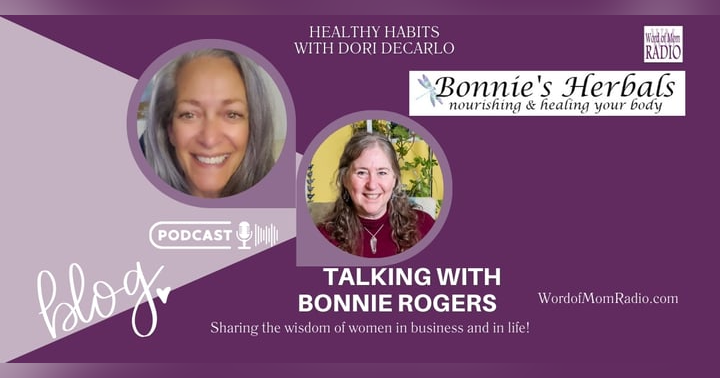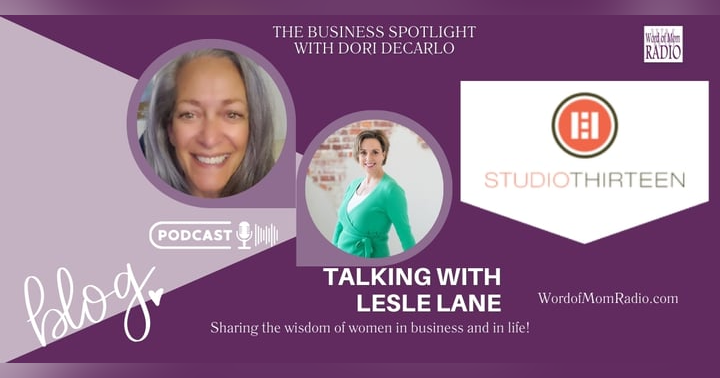Branding Yourself 'Unshockable': How Your Reaction Impacts Your Teen's Honesty

In this blog post, we'll delve into how cultivating a calm, non-judgmental response can foster trust and open communication, ultimately branding yourself as 'unshockable' and encouraging your teen to be more honest. Navigating the teenage years can feel like walking a tightrope, especially when it comes to communication. One of the biggest challenges parents face is encouraging their teens to be honest, particularly when the topics are sensitive or difficult. The key to unlocking this honesty often lies in a surprising place: your reaction. We will explore the reasons behind teen deception, the power of neutral statements, and strategies for creating a safe space where your child feels comfortable sharing their experiences, without fear of severe repercussions. This blog post is inspired by our recent episode, Why Teens Lie on Ask Mom with Sue Donnellan, where Sue and Randee discussed these very issues and offered practical advice for parents.
The Power of Your Reaction
Imagine your teen comes to you and shares something that makes your heart sink – perhaps they experimented with alcohol, got into a minor scrape while driving, or are struggling with their identity. Your immediate reaction can set the stage for future honesty or future concealment. A panicked, angry, or overly emotional response can inadvertently shut down communication. Instead of learning from the experience, your teen might learn to avoid sharing difficult truths with you in the future to avoid a similar reaction. This isn't about condoning their actions, but about understanding that your reaction plays a crucial role in their willingness to confide in you. The power of your reaction lies in its ability to build trust or erode it. A calm, empathetic response communicates that you are a safe person to talk to, regardless of the situation.
Why Teens Lie: It's Not Always What You Think
It's easy to assume that teens lie to deliberately deceive or defy authority. While that can sometimes be the case, the reality is often more nuanced. Many teen lies stem from a desire for protection, privacy, or a sense of control. They might lie to protect themselves from punishment, to maintain their privacy as they navigate independence, or to exert some control over their lives when they feel powerless. Understanding these underlying motivations can help you approach the situation with more empathy and less judgment. Consider the context behind the lie. Is your teen consistently dishonest, or is this an isolated incident triggered by a specific fear or insecurity? Recognizing the 'why' behind the lie is the first step toward addressing the issue effectively.
The Real Reasons Behind Teen Deception
Let's break down those key motivations a bit further:
- Protection: This is often the biggest driver of teen lies. They might lie to avoid disappointing you, facing consequences, or feeling your disapproval. They might worry that sharing the truth will lead to lectures, restrictions, or even a loss of your affection.
- Privacy: As teens mature, they naturally crave more privacy. They might lie about their whereabouts, who they're talking to, or what they're doing online to protect their growing sense of independence and personal space.
- Power: Teenagers are at a stage in their lives where they are striving for autonomy and independence, and want to feel in control of their own lives. Sometimes lying is the only way they feel they can get that sense of power.
Understanding these reasons will reshape how you perceive and respond to your teen's dishonesty. Instead of immediately viewing it as an act of defiance, see it as a communication of their needs and fears. It is a sign that they don’t feel comfortable or safe enough to be vulnerable and trust you with the truth. This shift in perspective will allow you to approach the situation with empathy and openness, rather than anger and judgment.
Branding Yourself 'Unshockable': What It Means
Branding yourself 'unshockable' doesn't mean you condone risky or harmful behaviors. It means creating an environment where your teen feels safe enough to share anything with you, without fearing an extreme reaction. It means becoming a trusted confidant, someone they know will listen without judgment, offer support, and help them navigate challenges. This is all about creating a reputation as a safe harbor for their vulnerabilities. It's about being the parent they can turn to, even when they've made mistakes.
How Your Reaction Impacts Honesty
Think of your reaction as a 'honesty meter'. A calm, measured response encourages your teen to be more open and truthful in the future. An overreaction pushes them further away, driving them to conceal information or outright lie to avoid your anger or disappointment. This doesn't mean you can't express concern or set boundaries. It means doing so in a way that fosters communication rather than shutting it down. It's about finding the balance between providing guidance and support and maintaining a safe, non-judgmental space for your teen to share their experiences.
Neutral Statements: Building Connection, Not Confrontation
One of the most effective tools for branding yourself 'unshockable' is the use of neutral statements. These statements are designed to open a dialogue without assigning blame or judgment. Instead of saying, "I can't believe you did that!," try something like, "Tell me more about what happened." These statements create an environment where your teen feels safe to continue the conversation and share the details. They allow you to gather more information before reacting, which can help you respond more thoughtfully and effectively. Neutral statements are about seeking understanding, not assigning blame. They foster a sense of connection and encourage your teen to open up, rather than shutting down.
Control Invites Lies: Giving Up Control Earns Truth
It might seem counterintuitive, but the more you try to control your teen, the more likely they are to lie. Overly strict rules, constant surveillance, and a lack of trust can create a breeding ground for deception. When teens feel suffocated by control, they may lie to reclaim their sense of autonomy and privacy. Giving up some control, on the other hand, can actually earn you more truth. Trusting your teen to make their own decisions (within reasonable boundaries) and respecting their privacy can foster a sense of responsibility and encourage them to be more honest with you. This doesn't mean relinquishing all parental oversight, but rather shifting your focus from control to guidance and support. It's about empowering your teen to make good choices, rather than forcing them to comply through fear.
Age-Based Examples and the 'We Language' Strategy
The strategies for encouraging honesty will vary depending on your teen's age and developmental stage. For younger teens, it might involve simple explanations about the importance of honesty and the consequences of lying. For older teens, it might involve more nuanced conversations about trust, responsibility, and the complexities of relationships. The key is to tailor your approach to your teen's specific needs and understanding.
One particularly effective strategy is the use of 'We Language'. This involves framing conversations in a way that emphasizes shared responsibility and problem-solving. Instead of saying, "You messed up," try saying, "We need to figure out how to handle this situation." This approach fosters a sense of collaboration and partnership, making your teen feel like you're on their side, rather than against them. We language involves reframing your sentences from accusatory to collaborative. You can help your child feel less alone in their issues and make them feel supported and understood.
Creating a Safe Space for Honesty
Ultimately, fostering honesty in your teen requires creating a safe space where they feel comfortable sharing their experiences, both good and bad. This means being a good listener, offering support without judgment, and respecting their privacy. It also means being willing to admit when you're wrong and apologizing for your mistakes. When you create a culture of honesty and respect in your home, your teen will be more likely to reciprocate. Creating a safe space also means being willing to validate their feelings, even if you don't agree with their choices. Acknowledge their emotions and show them that you understand what they're going through. This will help them feel heard and understood, making them more likely to trust you with their thoughts and feelings.
In conclusion, branding yourself 'unshockable' is a powerful tool for fostering honesty in your teen. By understanding the reasons behind teen deception, managing your reactions, using neutral statements, and creating a safe space for communication, you can build a stronger, more trusting relationship with your child. Remember, it's not about condoning bad behavior, but about creating an environment where the truth feels safe to live. To delve deeper into this topic, be sure to listen to our latest episode, Why Teens Lie on Ask Mom with Sue Donnellan. The Ask Mom podcasts shares actionable advice for creating a safe space for your teen to be honest.




